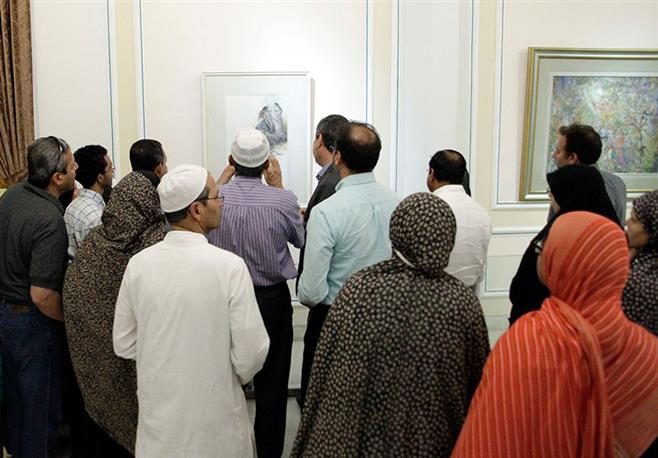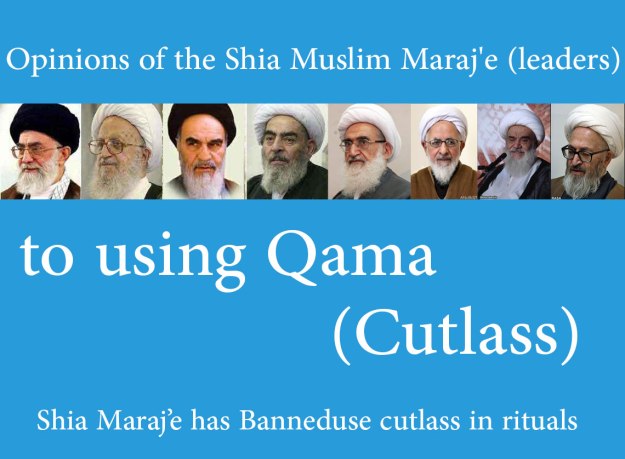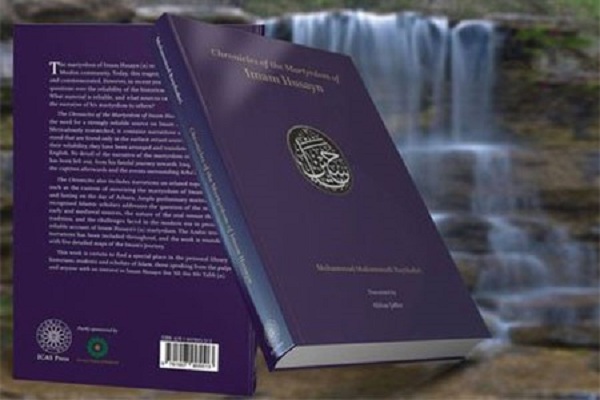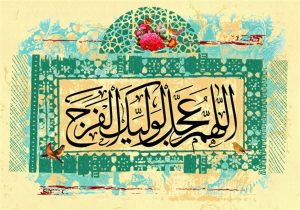According to rahyafte (the missionaries and converts website):Morteza Motahhari was an Iranian Twelver Shia scholar, philosopher, and lecturer. He was a disciple of Allameh Tabatabai and Imam Khomeini and a co-founder of the Combatant Clergy Association. The scholar was assassinated in 1979.
Motahhari wrote or lectured on various topics related to Islam, Iran, and history, such as Islamic philosophy, theology, ethics, jurisprudence, Quranic commentary, biography of the Prophet Muhammad (PBUH) and the Imams (AS), and the event of Ashura. He also analyzed contemporary issues such as Marxism, Westernization, women’s rights, and Islamic revivalism.
Motahari, as a scholar deeply concerned with Islamic matters, held a special regard for the Ashura event. Although there are no written works by the professor himself on this topic, he conveyed his intended ideas through his lectures.
Motahari’s book, titled “Hamaseh Husseini” (Husseini Epic), now available in two volumes in the Persian language, comprises his lectures and notes given between 1347 and 1356. The book has been republished several times and has also been translated into Arabic.
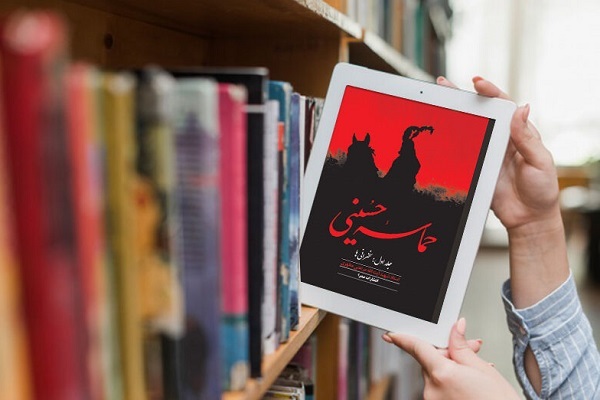
“Hamaseh Husseini” is not a historical account but rather an analysis of history. It emphasizes the importance of drawing lessons and preserving the true essence of Imam Hussein’s (AS) uprising while guarding against distortions. As Motahari did not personally prepare or have the opportunity to revise the book’s contents, some minor issues may be present. However, the book contains new and valuable insights, making it an important contribution.
In this series we will take a brief look into some of the main concepts in the work:
Two facets of the event of Karbala
The Karbala incident can be viewed from two distinct perspectives: one bright and uplifting, and the other dark and somber.
According to Motahari, the dark aspect of the incident is unparalleled in terms of the multitude of crimes committed. It encompasses around 21 forms of humiliation and degradation, surpassing even the atrocities of the Crusades and the European crimes in the wars. Focusing solely on this aspect would lead us to just mourn and lament.
On the other hand, the epic, honorable, and radiant facet of the incident represents the embodiment of truth, humanity, and righteousness. Humanity has every right to take pride in it. The epic nature of this event far outweighs its criminal dimension. To reduce it to its crimes alone would be to misinterpret its purpose.
Imam Hussein (AS) is a school of thought, and even after his death, his influence continues to grow. The Umayyads initially believed that by killing Hussein (AS), they could extinguish his legacy. However, they soon realized that his martyrdom only intensified his impact. They attempted to destroy his tomb, which had become a center for his followers, but they failed to erase his name, memory, and teachings. From an Islamic perspective, the martyrdom of Imam Hussein (AS) was a success both on an individual and societal level.
Husseini epic
According to Motahari, the most fitting term to describe the profound nature of the event is “epic,” rather than “movement,” “uprising,” “rebellion,” or any other label.
The word “Hamaseh” conveys intensity, strength, courage, and humility. Just as Persian and Arabic literature have epic poetry and prose, there are also epic events and characters. The character of Hussein bin Ali (AS) possesses an epic quality, and we should approach his existence and history with a sense of epic grand, not tragedy, mourning, or despair. Epic figures often have ethnic and national dimensions, tied to specific people, race, land, and soil. However, this is not the case with Imam Hussein (AS). He represents an epic figure of humanity, transcending ethnicity. His words, actions, and spirit evoke excitement and epic qualities beyond comparison, yet he remains largely unknown. The character of Imam Hussein (AS) is unparalleled in terms of epic intensity, human greatness, and righteousness. We have yet to fully comprehend this epic essence.
Therefore, the key to understanding the character of Imam Hussein (AS) lies in his epic stature, greatness, passion, strength, resilience, and righteousness. The words and poems attributed to the Imam reflect this epic spirit, fortitude, and divine-human connection.
This story will be continued in next article.







